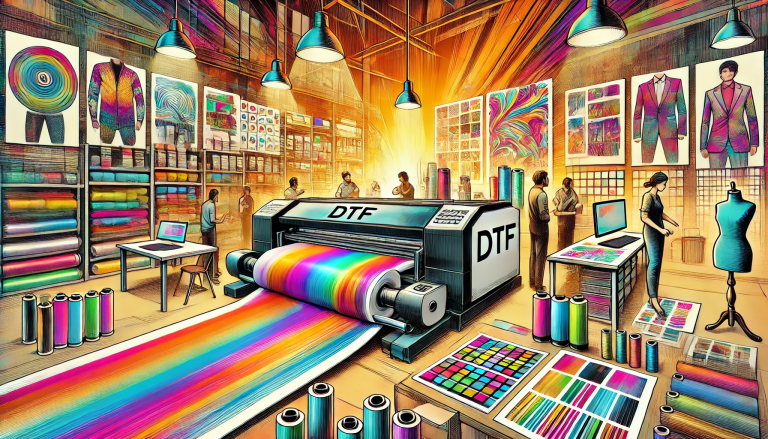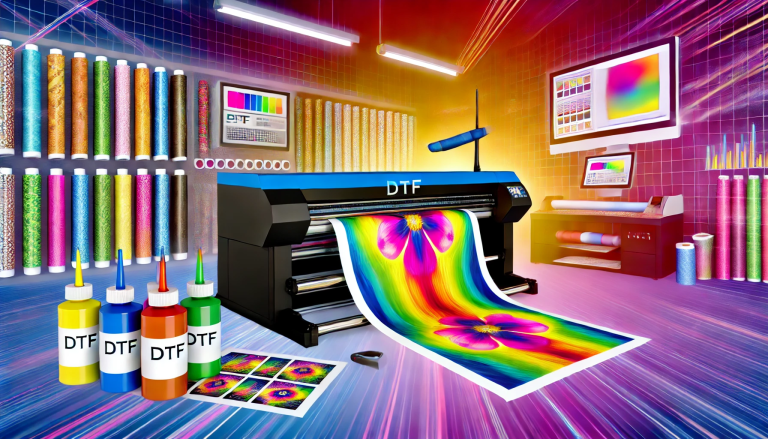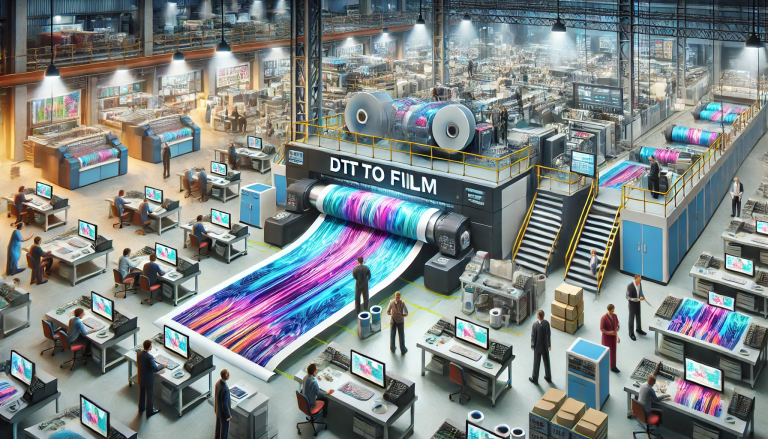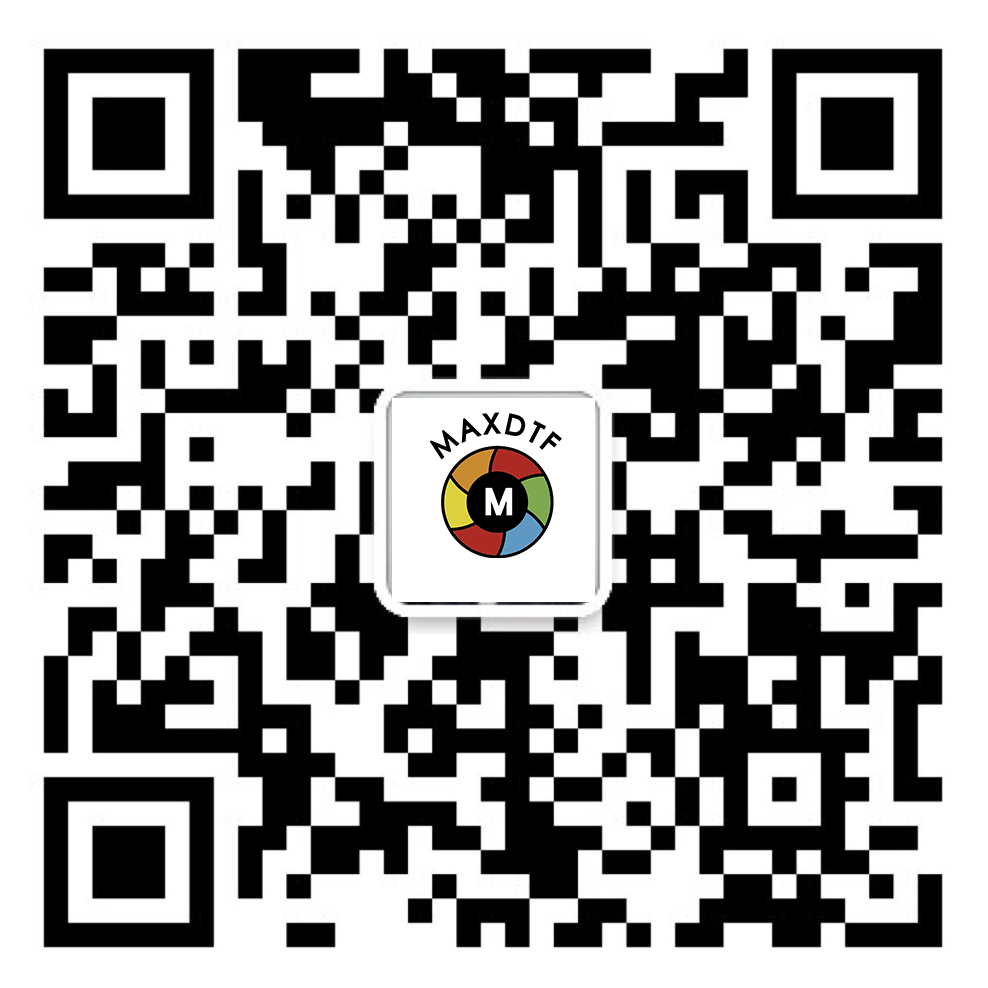“Harnessing the Power of Epson UV DTF Printers: What Can They Print On?” -MAXDTF- impressora DTF A4 Factory, DTF printing supplies Supplier, Made in China
I. Introduction
Epson, a global leader in the printing industry, has carved out a niche for itself with the advent of UV Direct To Film (DTF) printers. Combining the flexibility of DTF printing with the durability of UV inks, these printers expand the range of substrates that can be printed on. This essay explores the diverse materials that an Epson UV DTF printer can effectively print on, showcasing its versatility and unique benefits.
II. Epson UV DTF Printing on Textiles
Epson UV DTF printers can seamlessly print on a wide variety of fabrics, from cotton and polyester to silk and denim. They are extensively used in the apparel industry for printing customized t-shirts, jackets, hats, and other clothing items.
The UV inks used in these printers are known for their durability and fade resistance, ensuring that the designs remain vibrant and intact even after multiple washes. Moreover, these printers can deliver highly detailed, multicolored designs in a single pass, making them an efficient solution for both small and large-scale textile printing.
III. Epson UV DTF Printing on Hard Surfaces
Epson UV DTF printers are not just limited to textiles; they also excel in printing on hard surfaces. Materials such as wood, metal, ceramics, glass, and certain types of plastics can be decorated with designs using these printers.
From personalizing phone cases and jewelry to commercial applications like signage, promotional products, and even interior decoration, Epson UV DTF printers offer a wide range of possibilities. The UV-cured prints on these hard surfaces are resistant to scratching, fading, and moisture, ensuring their longevity.
IV. Epson UV DTF Printing on Mixed Media
Epson UV DTF printers also exhibit versatility in printing on mixed media, making them a fantastic tool for artists and designers. Whether it’s fabric-paper combinations, textured surfaces, or a mix of different materials, these printers can handle it all.
Additionally, their ability to print on uneven surfaces is a game-changer, enabling unique applications and creative opportunities. The UV curing process ensures that the prints are not only vibrant but also durable and resistant to various environmental factors.
V. Conclusion
In summary, Epson UV DTF printers are revolutionizing the printing industry with their ability to print on a wide array of materials, from textiles and hard surfaces to mixed media. Their versatility, combined with the durability and vibrancy of UV-cured prints, make them an exceptional tool in numerous sectors, including apparel, personal accessories, interior design, and art.
As the technology continues to advance, likely, these printers will further expand their capabilities, enabling even more diverse and innovative applications. This makes them a promising technology that is shaping the future of the printing industry.
VI. Summary
Epson UV DTF printers showcase the power and versatility of UV DTF printing technology, capable of printing on a broad range of substrates including textiles, hard surfaces, and mixed media. They deliver prints that are not only vibrant and detailed but also durable, resistant to fading, scratching, and moisture. Their capacity to handle both simple and complex projects efficiently makes them a favored choice across various industries. With technological advancements, these printers are set to further expand their capabilities, pushing the boundaries of what’s possible in the printing industry.
